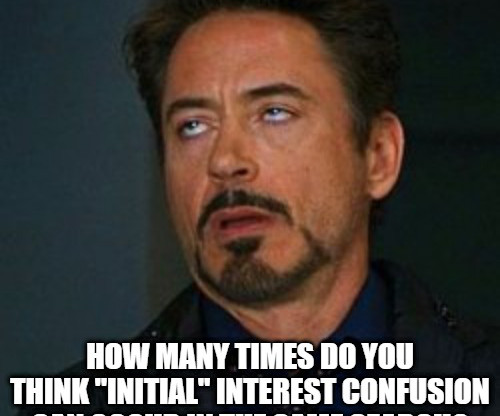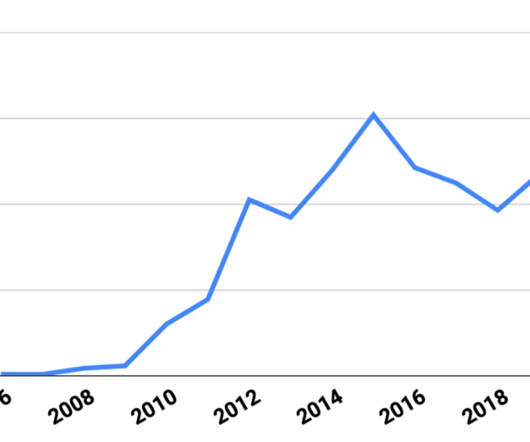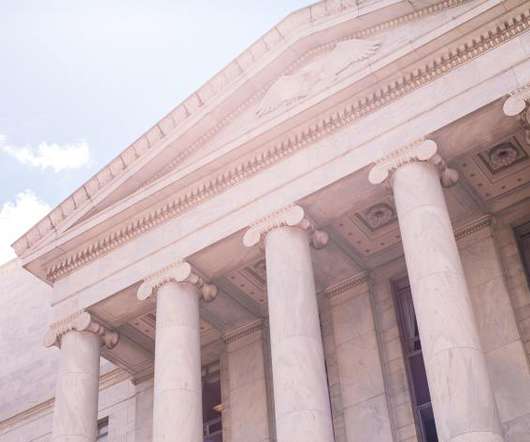Georgia Supreme Court Blesses Google’s Keyword Ad Sales–Edible IP v. Google
Technology & Marketing Law Blog
FEBRUARY 16, 2022
to see if it could find some soft spot in Georgia state law. Edible lost at the lower court, the appeals court , and now the Georgia Supreme Court–in a unanimous decision. They filed a trademark lawsuit in 2018 but abandoned the suit when it got sent to arbitration. However, they didn’t give up! They could not.















Let's personalize your content